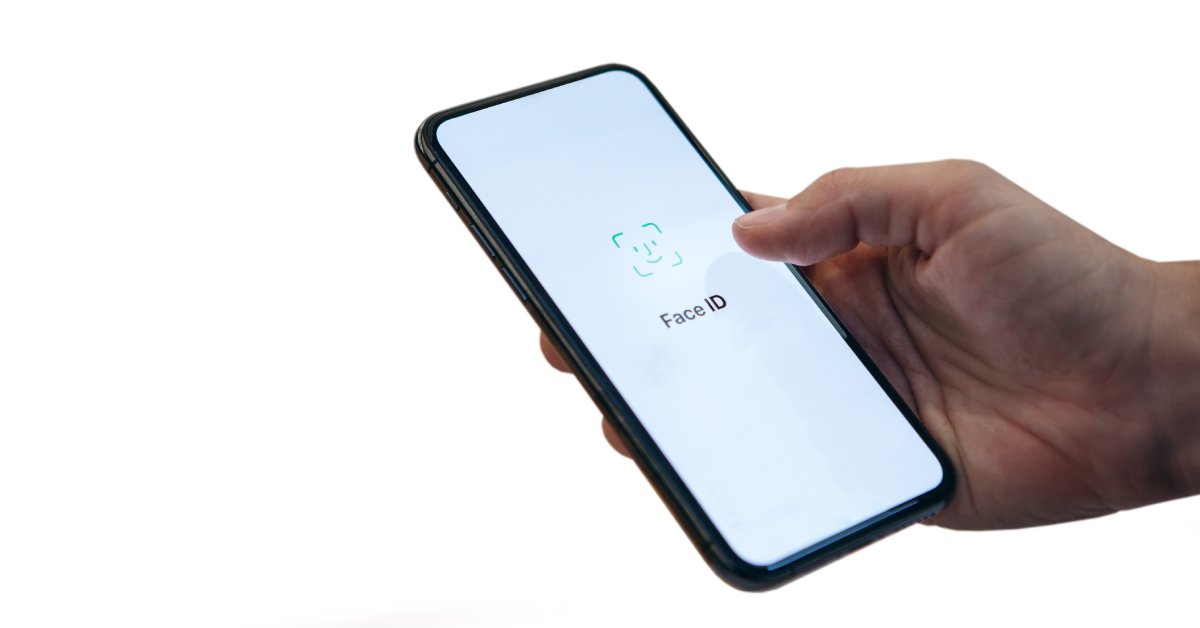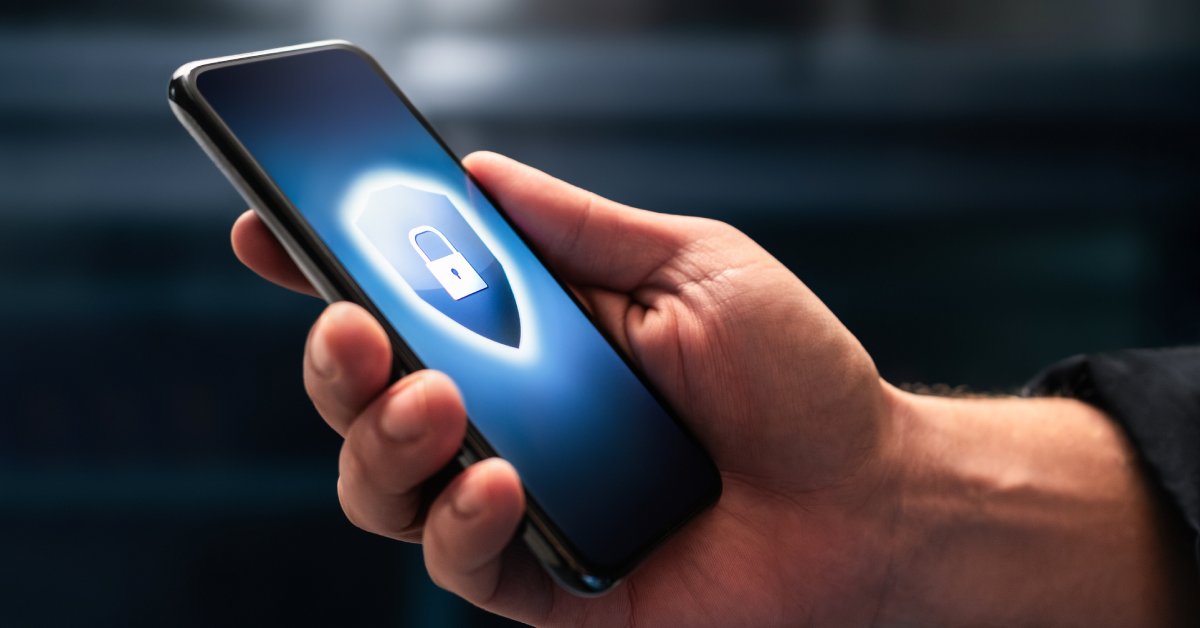Imagine carrying a tiny vault in your pocket—one that holds your most personal conversations, sensitive work files, and private moments. Now imagine that vault being cracked wide open by invisible hands. That’s the reality for many smartphone users today. But what if your phone could be more than just smart? What if it were truly secure, designed to outsmart hackers, spyware, and data-hungry platforms at every turn?
This is where secure cell phones step in. These devices go beyond flashy features, focusing instead on protecting what matters most: your information. The features of secure cell phones are engineered for maximum privacy to keep you in control of your digital life. It’s not just about locking the vault; it’s about keeping the key out of everyone else’s hands.
End-to-End Encryption
End-to-end encryption is the gold standard when it comes to communication privacy. When your device uses end-to-end encryption, only you and the person you’re communicating with can see the messages. This includes texts, emails, or voice calls. Even service providers or hackers can’t access your data.
Apps like Signal and encrypted email services exemplify these principles, ensuring that your communications remain private. Without this feature, sensitive exchanges could easily be intercepted. For a secure cell phone, encryption isn’t optional; it’s foundational.
Secure Operating Systems
The operating system (OS) of your smartphone is its underlying architecture. A secure OS is critical to protecting your device. Many standard operating systems have vulnerabilities or built-in backdoors that could jeopardize your data. Secure operating systems, however, are designed to limit exposure to risks.
For example, operating systems like GrapheneOS or certain hardened Android builds prioritize user privacy and eliminate unnecessary app permissions or preloaded software prone to data leaks. Choose devices offering an OS engineered to enhance privacy without compromising reliability or usability.
Hardware-Level Security
Software security is a main concern, but we can’t forget that proper security starts at the hardware level. Top-tier secure cell phones often feature tamper-resistant hardware to prevent physical intrusion or manipulation. These components include secure elements like encrypted chips and boot-level verification processes to ensure that only trusted software can run.
Secure hardware is engineered to defend against “side-channel attacks,” a technical term for hacking methods that exploit physical vulnerabilities, such as electromagnetic interference or power analysis. By focusing on secure hardware, you reduce your risk of attacks that software alone can’t block.
Biometric and Multi-Factor Authentication

Authentication methods are your first line of defense, and secure cell phones invest heavily in making this barrier impenetrable. Biometric authentication, such as fingerprint scanners or face recognition, has become a standard in many devices. It’s fast, convenient, and difficult to replicate.
Couple this with multi-factor authentication (MFA), where a secondary verification method, such as a time-sensitive code or physical token, is required for access. By layering these security measures, you make unauthorized access exponentially harder.
App and Data Permissions
Many privacy breaches occur because apps collect far more data than they truly need. Secure cell phones empower users to control and limit app permissions. Whether it’s location tracking, microphone access, or camera usage, you decide what each app can access on your device.
For example, privacy-focused operating systems and software typically allow granular permission settings, so you can block an app from overstepping its boundaries. This simple yet vital feature helps you manage your data at a level that most default systems fail to provide.
Regular Security Updates
No device is free from vulnerabilities. However, how quickly manufacturers address these vulnerabilities plays a massive role in security. Secure cell phones deliver regular security updates to patch potential loopholes or exploits.
Cybercriminals often exploit known vulnerabilities in outdated systems, so investing in a device with a robust record of updates ensures your phone stays ahead of emerging threats. Devices from brands that emphasize proactive patch deployment signal a commitment to your safety.
Privacy-Focused Browsing and Internet Use
Browsing the internet can quickly turn into a minefield of privacy risks. That’s why many secure devices integrate privacy-focused web browsers. These privacy-first tools block invasive trackers, limit data collection, and provide access to the web in a safer, more anonymous way.
Additionally, virtual private networks (VPNs) are often recommended as a complementary feature. A VPN can route your connection through secure servers and encrypt your internet traffic, making it harder for third parties to monitor your activity.
Data Encryption and Secure Storage
While communication encryption is important, so is securing the data already stored on your phone. Encrypted cell phones protect everything, from your photos to saved documents, with robust hardware-level and software-based encryption protocols.
Secure cell phones include features such as encrypted vaults and file storage that require authentication to access. This ensures sensitive files remain inaccessible even if your phone is stolen or physically compromised. Without this step, personal data becomes low-hanging fruit for malicious actors.
Open-Source Software
Transparency in security systems is essential. Devices running on open-source software can provide this transparency, allowing security experts worldwide to examine and verify the integrity of the code. Unlike closed-source systems, open-source platforms make it far more difficult for hidden vulnerabilities or backdoors to go unnoticed.
Platforms like Linux-based systems or auditing tools rooted in open-source code offer enhanced security while establishing trust by giving users insight into how their device safeguards privacy.
The Role of User Behavior in Maximizing Privacy

Even when equipped with the most secure features, your level of privacy heavily depends on your behavior. Using strong, unique passwords, avoiding suspicious downloads, and staying alert to phishing attempts are all essential practices.
Keep your firewall activated, use encrypted messaging apps regularly, and disable Bluetooth and location services when not in use. These actions are straightforward yet highly effective ways to maintain the strong layer of protection that your secure cell phone offers.
Choose Connecta Mobile for Your Mobile Security
For the ultimate privacy solution, look no further than Connecta Mobile, a leader in secure technology. Our secure cell phones are designed with top features for maximum privacy, offering advanced encryption, tamper-resistant hardware, and privacy-centered software.
Connecta Mobile empowers you to reclaim your online privacy. With regular updates and a team dedicated to safeguarding user information, we stand as the trusted choice for anyone serious about security. Explore our devices today, and experience the difference that true privacy makes!
